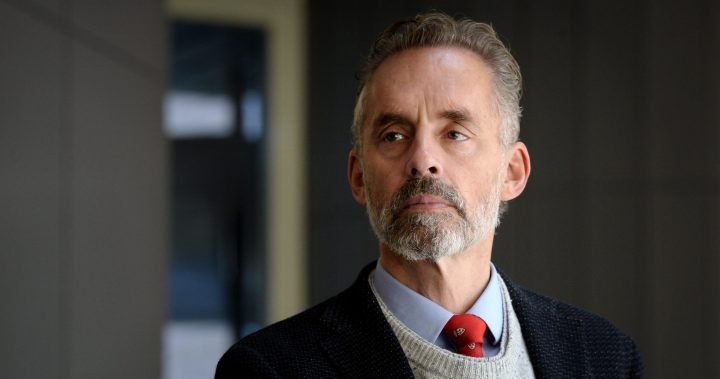Jordan Peterson’s Relocation to the United States: A Deeper Dive into the Motivating Factors
Jordan Peterson, a prominent yet divisive Canadian psychologist and public intellectual, has recently announced his relocation to the United States, specifically Florida. This decision marks a significant shift in Peterson’s life and career, stemming from a confluence of personal and professional factors that have culminated in his departure from his native Canada. Peterson’s move is not merely a change of scenery, but rather a culmination of ongoing disputes and escalating tensions with Canadian institutions and the socio-political climate.
Central to Peterson’s rationale for leaving Canada is his ongoing conflict with the College of Psychologists of Ontario. Peterson’s public pronouncements and social media activity have drawn scrutiny from the regulatory body, leading to mandated remedial coaching. Peterson views this intervention as an infringement on his freedom of speech and an overreach of the College’s authority. He has vigorously contested the College’s decision, pursuing legal avenues to challenge their directives. However, his legal efforts have thus far been unsuccessful, further fueling his discontent and prompting his decision to seek refuge in a more permissive environment. This clash symbolizes, for Peterson, a broader societal trend that he perceives as restricting free expression and imposing increasingly stringent limitations on public discourse.
Adding to Peterson’s dissatisfaction is his apprehension regarding the Canadian political landscape. He expresses strong disapproval of proposed legislation, specifically Bill C-63, which he believes could lead to an oppressive societal environment. This concern, coupled with his perception of governmental incompetence and a discomforting atmosphere in his Toronto neighborhood, further solidified his decision to relocate. Peterson views these factors as indicative of a broader societal shift towards what he considers a stifling and restrictive climate, impacting not only his professional life but also his personal well-being.
Peterson’s controversial public persona and outspoken views have long generated polarized reactions, both ardent support and vehement criticism. His refusal to use gender-neutral pronouns, a stance originating during his tenure at the University of Toronto, ignited initial waves of controversy and garnered significant media attention. This initial act of defiance against what he perceived as compelled speech became a cornerstone of his public persona, attracting a devoted following who viewed him as a champion of free speech and a defender against encroaching political correctness. Conversely, critics interpreted his stance as transphobic and discriminatory, contributing to the polarizing nature of his public image.
Peterson’s subsequent prominence, marked by sold-out lectures, bestselling books, and a widely followed podcast, solidified his position as a prominent public intellectual. His discussions extend beyond the initial controversy surrounding gender pronouns, encompassing broader critiques of feminism, postmodernism, and what he views as the negative consequences of identity politics. While his supporters see him as a courageous voice challenging prevailing societal norms, his detractors often perceive his rhetoric as divisive and harmful.
The College of Psychologists of Ontario’s scrutiny of Peterson’s online conduct underscores the tension between his role as a public figure and his professional obligations as a registered psychologist. The College’s concerns focus on the potential impact of his public statements, particularly on social media, on public perception and the integrity of the profession. While Peterson maintains that his public pronouncements are separate from his clinical practice, the College asserts that his online behavior reflects on his professional standing and may pose a risk to the public’s trust in the field of psychology. This conflict highlights the complex interplay between professional regulation and freedom of expression in the digital age, particularly for individuals with a substantial public platform.
Peterson’s relocation to the United States represents a significant turning point in his career trajectory and ongoing public discourse. He frames his move as a necessary step to escape what he views as an increasingly restrictive and hostile environment in Canada. While his critics might interpret his departure as an evasion of accountability, his supporters are likely to view it as a bold move to preserve his freedom of speech and pursue his intellectual endeavors in a more receptive setting. The long-term implications of Peterson’s relocation remain to be seen, but it undoubtedly marks a noteworthy chapter in the ongoing debate surrounding free speech, political correctness, and the role of public intellectuals in contemporary society. His move to the United States raises questions about the interplay between national contexts and the expression of controversial views, adding another layer of complexity to the already multifaceted narrative surrounding his public persona.

